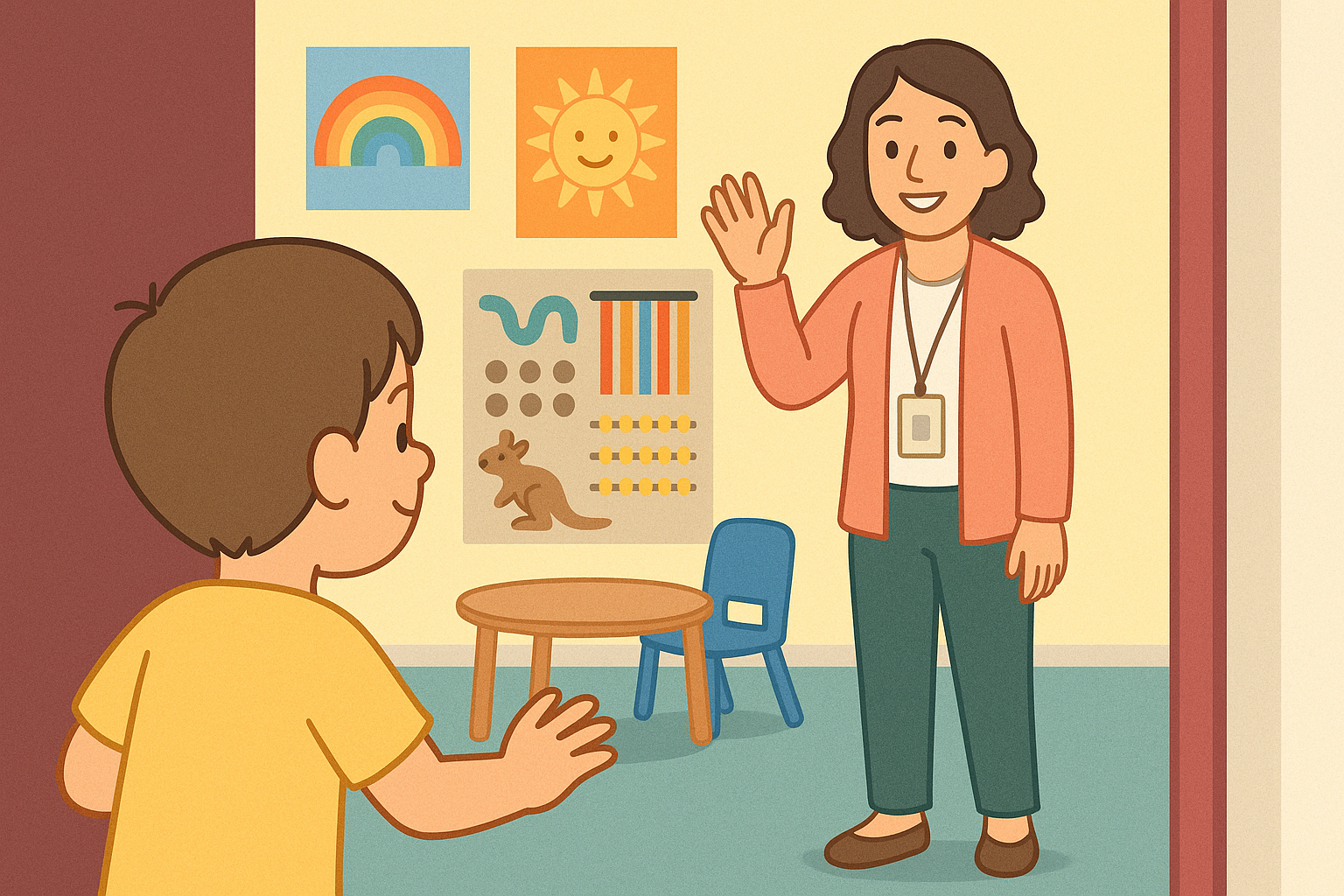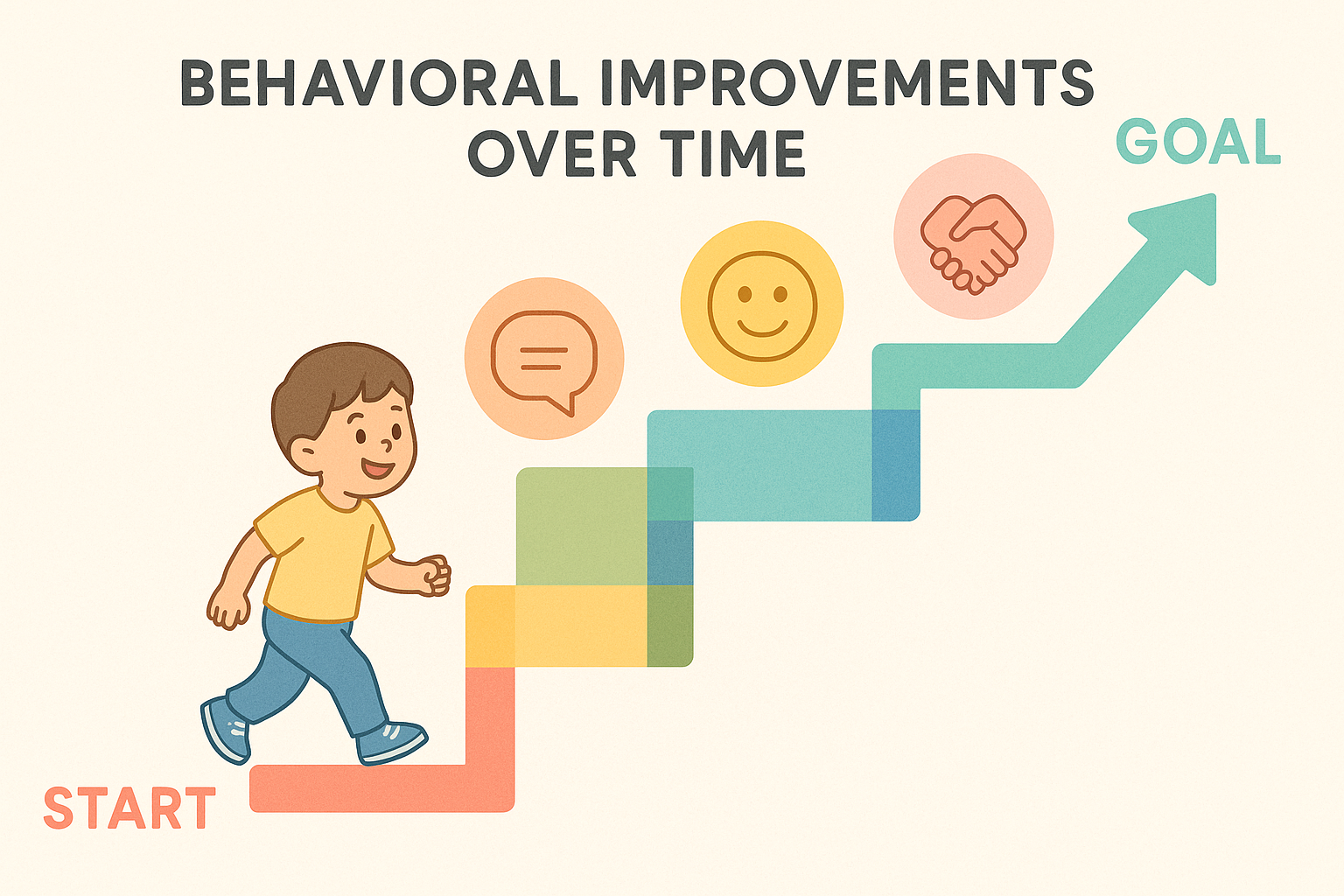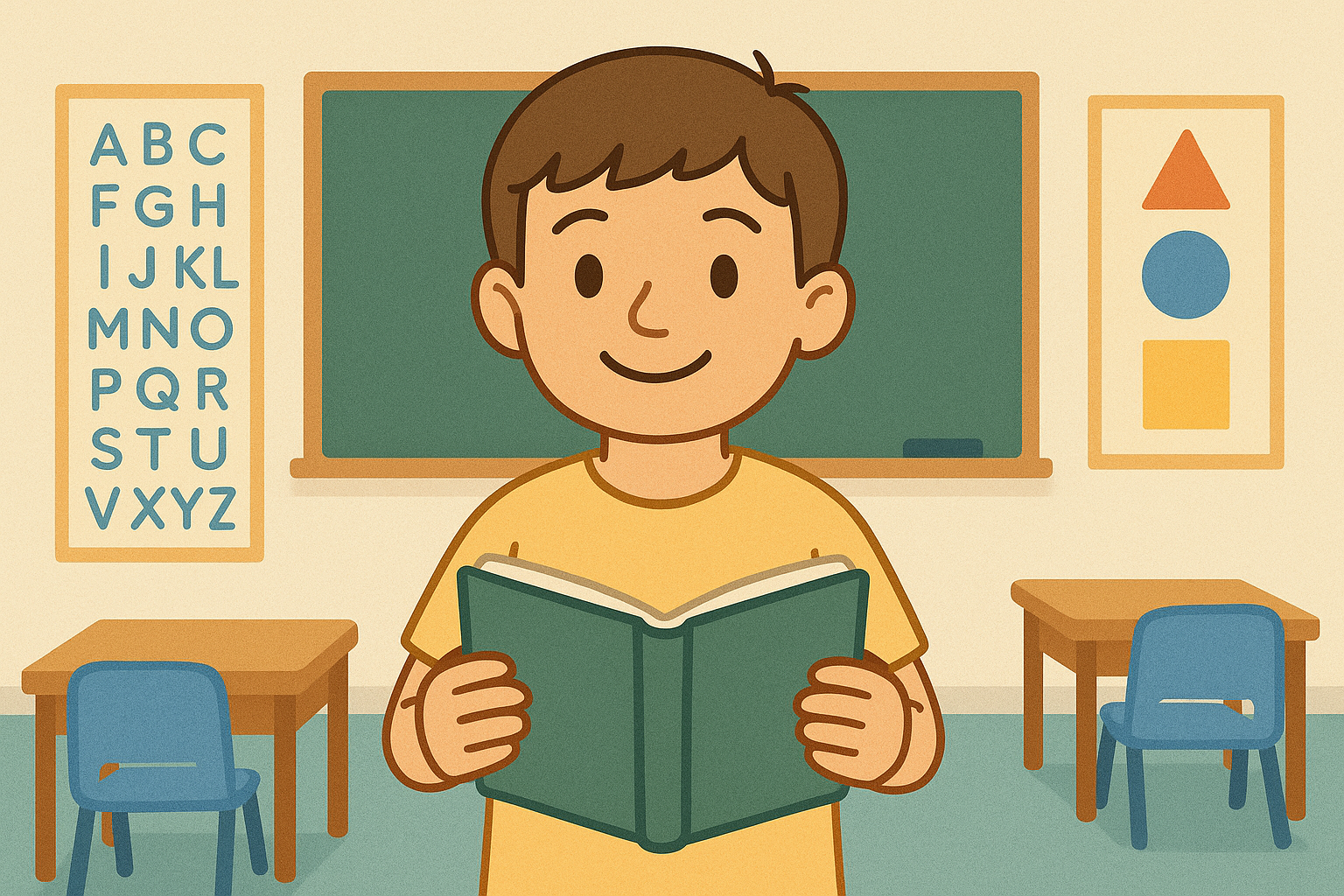
ndis specialised behaviour support for children
18 June, 2025
Introduction
If your child experiences challenging behaviours that impact day-to-day life, the right support can help them thrive. With the National Disability Insurance Scheme (NDIS), specialised behaviour support provides evidence-based strategies, coordinated planning, and targeted intervention for children in Liverpool and surrounding suburbs. At daar, our registered behaviour practitioners work closely with families, schools and allied health teams to deliver durable outcomes.
Key Highlights
-
NDIS funding facilitates access to professional behaviour support practitioners for children experiencing challenging behaviours.
-
Behaviour support plans aim to improve communication skills and empower new, appropriate behaviours within a child’s NDIS plan.
-
Early intervention through tailored strategies significantly enhances the quality of life and mental health of NDIS participants.
-
Specialised approaches address behaviours of concern, providing guidance to carers and support workers.
What Is NDIS Specialised Behaviour?
Specialised Behaviour Support is distinct from general behavioural therapy. It targets behaviours of concern — frequent, persistent or harmful behaviours — through intensive planning, functional assessment and systematic intervention. These services are funded under the NDIS, usually via the Improved Relationships or Improved Daily Living support categories.
What Is an NDIS Specialised Behaviour Plan?
Specialised Behaviour Support focuses on understanding a child's behaviour and facilitating changes that enable their participation in daily life. Support workers and behaviour staff create personalised plans to reduce concerning actions and teach healthier communication and behaviour. Caregivers and families play a crucial role, ensuring the support plan integrates smoothly into the child's routine. This respectful approach addresses each child's unique needs, proactively preventing issues. The support aligns with their NDIS plan, involving adjustments in environments and interactions to promote continuous improvement. These tailored strategies enhance a child's wellbeing, fostering independence and resilience for the future.
Why It’s Important for Children
Challenging behaviours affect more than just the moment; they can influence school participation, social relationships, independence and emotional well-being. Specialised behaviour support addresses underlying causes, teaches replacement skills and modifies environments so children can engage meaningfully and safely in home, school and community settings.
How Specialised Behaviour Support Works

Behaviour support in the NDIS often uses proven ways to help someone’s needs. The support team works with carers and other people who help to use these methods well.
The Process: From Assessment to Plan
At daar, our process includes:
-
Conducting a Functional Behaviour Assessment (FBA) to identify triggers, patterns and purposes of behaviour.
-
Collaborating with your family, school and allied health professionals to gather insights and set realistic goals.
-
Developing a Positive Behaviour Support (PBS) Plan with proactive strategies, environmental modifications and measurable outcomes.
-
Implementing the plan across settings, monitoring progress, adapting strategies and providing parent/carer training so everyone is aligned.
Your Child Deserves the Right Support
 Every child deserves care and safety, regardless of their challenges. With appropriate NDIS support, children with autism or behavioural concerns can achieve greater independence, enhancing their emotional wellbeing and quality of life. Families should collaborate with specialised behaviour support workers to create plans that uphold a child's dignity and promote a fulfilling life. Addressing difficult behaviours now paves the way for better growth and stronger future connections.
Every child deserves care and safety, regardless of their challenges. With appropriate NDIS support, children with autism or behavioural concerns can achieve greater independence, enhancing their emotional wellbeing and quality of life. Families should collaborate with specialised behaviour support workers to create plans that uphold a child's dignity and promote a fulfilling life. Addressing difficult behaviours now paves the way for better growth and stronger future connections.
How the NDIS Supports These Services
Your child’s NDIS plan may include specialised behaviour support funding when behaviours of concern are present and impact participation. As an NDIS-registered provider, daar helps families understand their funding, select appropriate services and ensure strategies are aligned with plan goals and reviews.
Why Choose daar in Liverpool
Families throughout Liverpool, Casula, Moorebank and surrounding suburbs choose daar because we offer:
-
NDIS-registered behaviour practitioners specialising in children with complex behaviour needs
-
Coordinated, multidisciplinary support in collaboration with speech, occupational therapy and psychology
-
Flexible delivery: clinic-based, home-based or telehealth services depending on what works for your child
-
Transparent progress tracking and regular review to ensure supports remain effective
Why Choose daar for NDIS Specialised Behaviour Support
-
NDIS-Registered Providers – meeting all compliance requirements
-
Local Expertise – Liverpool & Canterbury teams who know your community
-
Flexible Delivery – choose from:
-
Clinic Appointments – in our calm, child-friendly spaces
-
Mobile Services – at home, school, childcare, or in the community
-
Telehealth Sessions – convenient online support for parent coaching and plan reviews
-
How to Get Started
Book NDIS Specialised Behaviour Support in Liverpool Today. We offer in-clinic, home, and online services for children needing personalised support under their NDIS specialised behaviour plan.
Conclusion
Navigating the NDIS for behaviour support can be challenging, but it's essential for your child's growth and well-being. Understanding key concepts like Functional Behaviour Assessments and Positive Behaviour Support Plans equips you to advocate effectively. Early intervention provides a strong foundation. Knowing what assistance is available empowers you to make informed decisions. Seek help if needed; together, we can ensure your child receives the positive behaviour support necessary for success.
Frequently Asked Questions
What is the process for starting NDIS behaviour support for my child?
Start by reaching out to the NDIS commission or a local support coordinator to ask for an evaluation. A behaviour support practitioner will meet with you and look at your child’s needs. They will create an NDIS plan that matches your child’s challenges. After that, the support team will step in and use the right strategies to help your child.
How long does it take to see improvements with behaviour support?
Improvements can be different for each person. This is because things like behaviour history and what a person needs are not always the same. When NDIS participants use behaviour support strategies all the time, they can learn new skills. These new skills can help lower hard behaviour in a few months. This helps with mental health and makes their wellbeing better.
What should I look for in a specialised behaviour support provider?
Pick providers approved by the NDIS commission because they follow Australia’s rules for good behaviour support. Be sure they hire skilled behaviour support staff and put carers first in what they do. The plans they make should be just for you, and match the best ways that people in the disability sector work.
.svg)

















